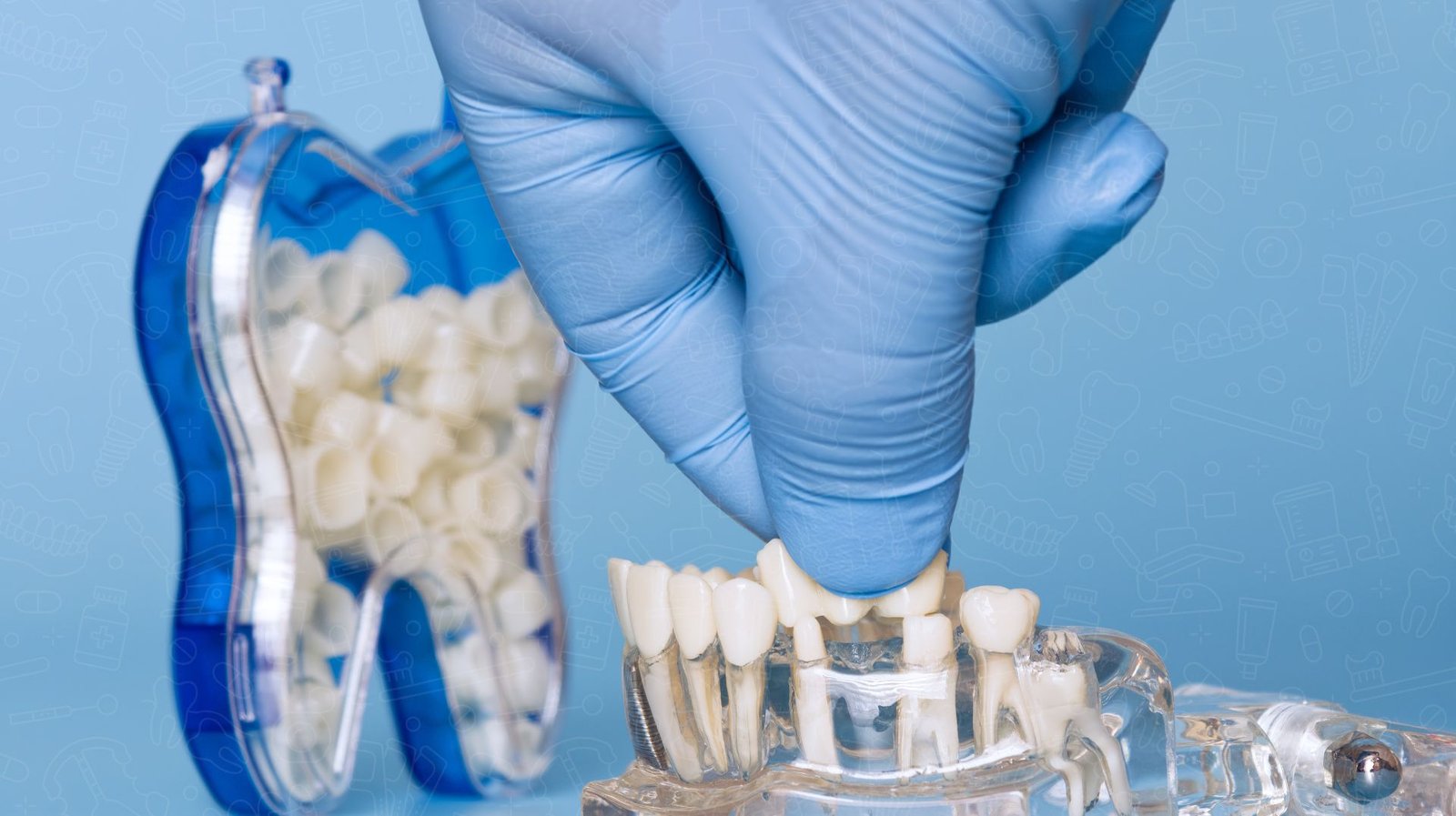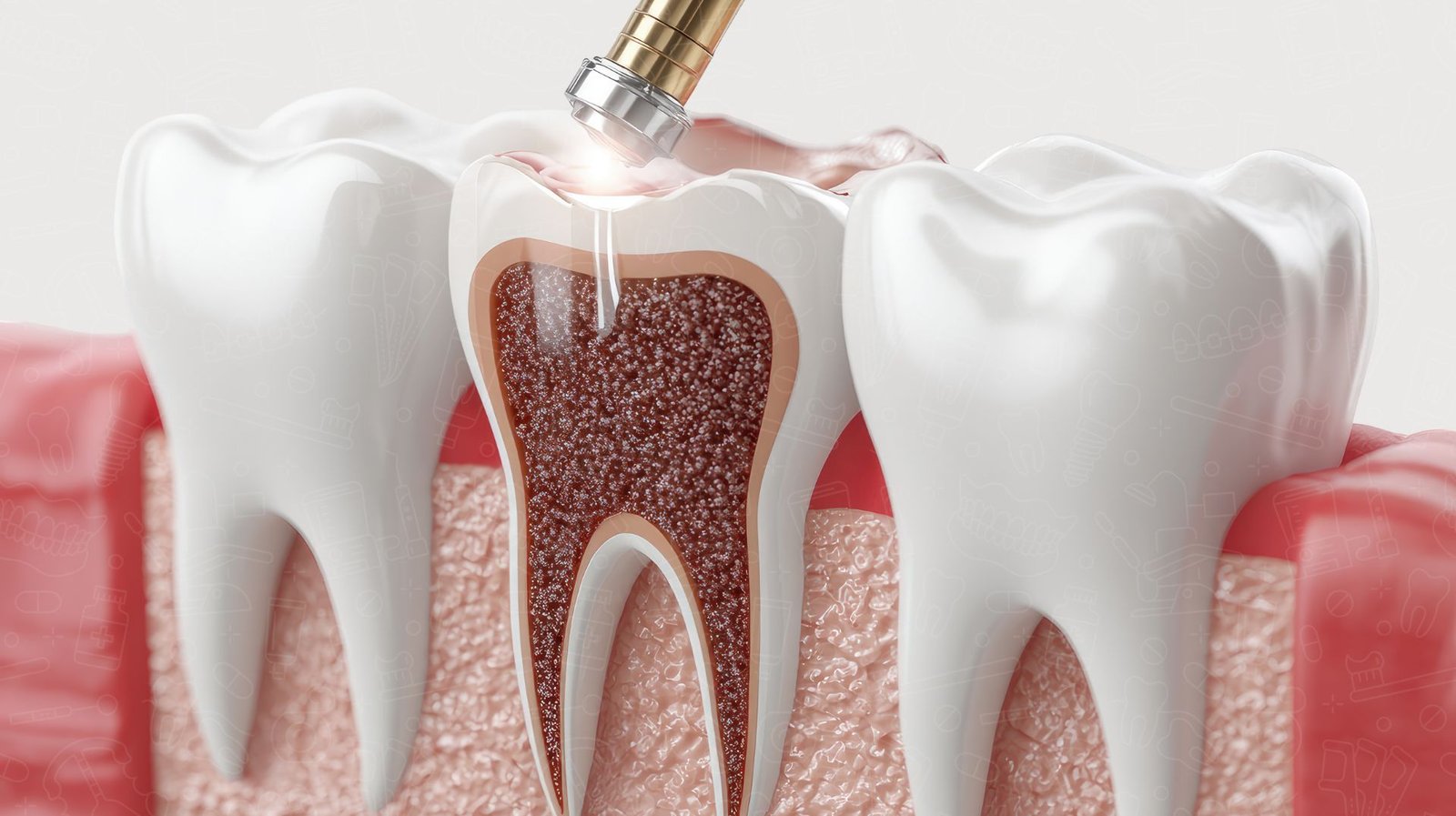Introduction to Dental Hygiene Across Ages
Dental hygiene plays a vital role at every stage of life, from childhood to the golden years. It is not just about having a beautiful smile but also about maintaining overall health and well-being. This article explores the journey of dental hygiene across ages, highlighting the importance of oral hygiene practices tailored to each stage of life.
Childhood Dental Hygiene
Establishing good dental habits early in life is crucial for lifelong oral health. Parents play a vital role in teaching children proper brushing and flossing techniques. Emphasize the importance of supervising children’s oral hygiene practices to ensure they develop effective habits. Encourage using a pea-sized amount of fluoride toothpaste, brushing twice a day for two minutes each time, and flossing once daily. Fun and interactive activities can make oral care enjoyable for children and instill good habits from a young age.
Teenage Dental Care
Teenagers often face specific dental issues such as orthodontic care with braces, wisdom teeth eruption, and increased risk of cavities due to dietary habits. Regular dental check-ups are essential to monitor these issues and address them promptly. Emphasize the importance of wearing orthodontic appliances correctly, following a balanced diet low in sugary snacks, and using fluoride mouthwash for added protection. Encourage teenagers to maintain consistent oral hygiene routines despite their busy schedules to have the their dental hygiene across ages.
Adult Dental Maintenance
Maintaining oral health in adulthood is crucial for preventing dental problems like gum disease, tooth decay, and enamel erosion. Lifestyle factors such as diet, smoking, and stress can significantly impact oral health. Adults should prioritize a well-balanced diet rich in calcium and vitamins, quit smoking to reduce the risk of gum disease and oral cancer, manage stress effectively, and visit the dentist regularly for check-ups and cleanings. Proper brushing with a fluoride toothpaste, flossing between teeth daily, and using mouthwash can help maintain optimal oral hygiene.
Senior Dental Health
Seniors often face dental challenges like gum disease, tooth loss, and dry mouth due to aging and medical conditions. Stress the importance of oral care in maintaining overall health during the golden years and setting an example for dental hygiene across ages. Tips for seniors include using a soft-bristled toothbrush and gentle brushing technique, using fluoride toothpaste and mouthwash for added protection, staying hydrated to combat dry mouth, and visiting the dentist regularly for denture adjustments, oral exams, and professional cleanings. Encourage seniors to maintain their oral hygiene routines diligently to preserve their oral health and quality of life.
By addressing dental hygiene across ages with tailored tips and advice, individuals can maintain optimal oral health throughout their lives and enjoy a healthy smile for years to come.
Dental Hygiene Across Ages: Special Needs Individuals
Dental Hygiene Considerations for Special Needs Individuals
Individuals with special needs or disabilities may face unique challenges when it comes to oral health. Discuss the importance of personalized dental care plans tailored to their specific needs. Highlight the need for dental professionals to have training and expertise in providing compassionate and effective care for individuals with diverse abilities.
Specialized Dental Care Options and Adaptations
Highlight specialized dental care options available for special needs individuals, such as sedation dentistry for those with anxiety or sensory sensitivities. Discuss adaptive tools and techniques, such as modified toothbrushes, to facilitate oral hygiene for individuals with physical disabilities. Emphasize the importance of creating a comfortable and supportive environment during dental visits to ensure a positive experience.
Importance of Inclusive Dental Care Practices
Emphasize the importance of inclusive dental care practices that prioritize accessibility and accommodation for individuals with special needs. Discuss the role of communication and collaboration between dental professionals, caregivers, and healthcare providers in ensuring comprehensive and effective dental care. Encourage dental offices to be equipped with resources and facilities to meet the diverse needs of special needs individuals.
By highlighting dental hygiene considerations, specialized care options, and inclusive practices for special needs individuals, this article promotes awareness and understanding of the importance of accessible and compassionate dental hygiene across ages and abilities.
Conclusion
Dental hygiene is a lifelong journey that starts in childhood and continues through every stage of life. Proper oral care, regular dental check-ups, and preventive measures are essential for optimal oral health across all ages. Encouraging proactive dental hygiene across ages practice ensures a healthy smile and contributes to overall well-being throughout life.





